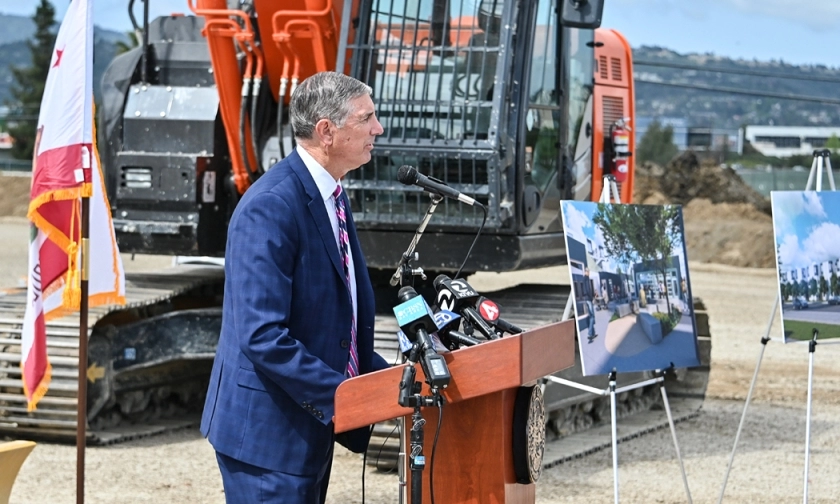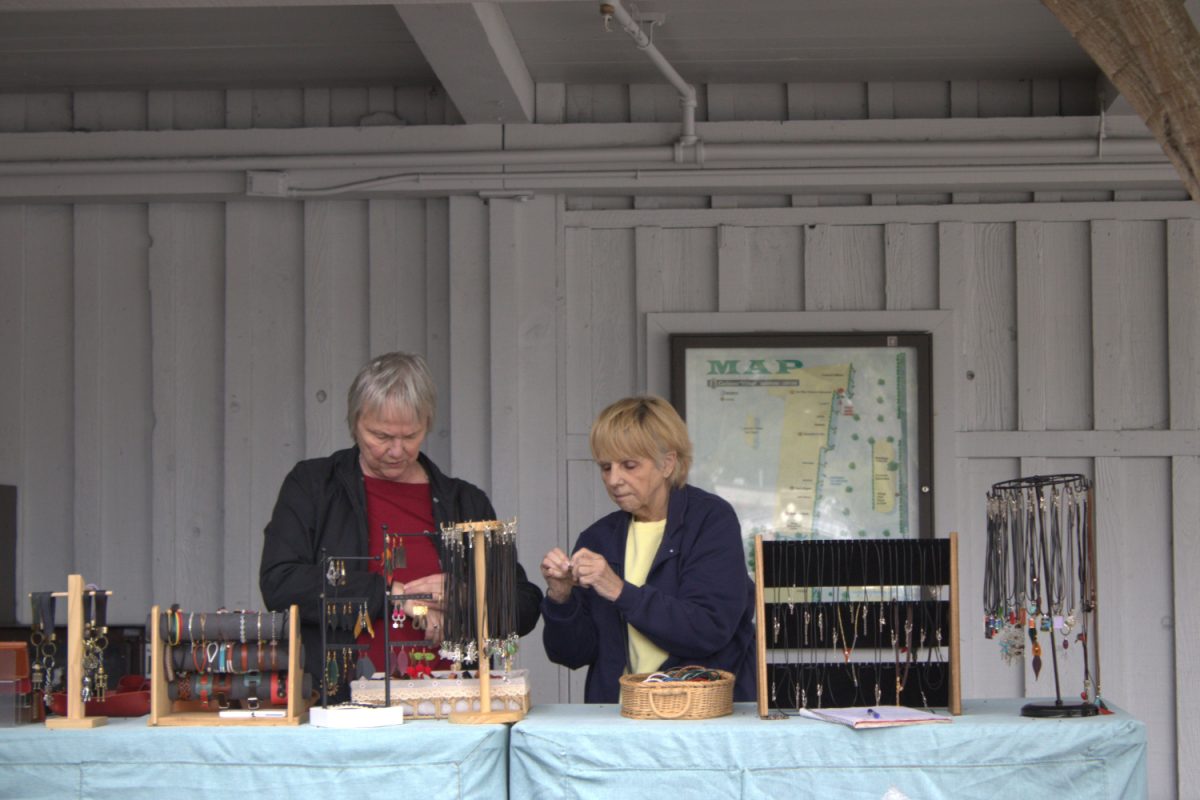San Mateo County officials have announced the start of the construction of their new Navigation Center, a homeless shelter with the capacity to house 260 residents. The center’s construction, announced in a press release on April 13, is a part of San Mateo County’s greater goal to end homelessness within the year; this plan includes various virtual informative events, culminating in a summit in September.
“Ending homelessness is one of the greatest challenges of our times, and I can think of no greater responsibility of local government than seeing to it that all residents have a stable roof over their heads,” said Don Horsley, the president of the San Mateo County Board of Supervisors, via the press release. “This Navigation Center is a giant step forward.”
Rather than simply housing their clients like other homeless shelters, the Navigation Center is unique. According to the press release, its residents will be able to have private rooms to share with partners or even pets. The center will also proactively help its clients, connecting them with possible jobs or permanent housing opportunities and getting them the medical assistance they might need.
“Our workforce is not just high tech. We need to keep those in all other industries in our community to keep our economy humming, so we need to find a way for them to secure stable and dignified housing,” said John Sobrato, a philanthropist who donated $5 million to the project.
In addition to its 240 housing units, the center, located in Redwood City, includes areas for dogs, barbecues, and a shared dining area. According to the press release, the entire complex is also electric and carbon-neutral, targeting “Leadership in Energy and Environmental Design (LEED) certification,” according to the press release.
Luiza Nunes, a junior at Carlmont, believes that the construction of the Navigation Center is a great start to fixing an issue that has plagued the area for decades.
“I think reform is a very good start, and it’s great that these residents are getting some sort of relief,” Nunes said. “But some of the fundamental economic issues circulating in our area since the beginning of the 1930s… like economic segregation… are not going to go away by building a shelter.”
While it is crucial to house and assist people with jobs and food security, Nunes thinks that more could still be done to adequately address the problem of economic oppression. She specifically pointed to preventative measures, such as stimulus checks for better education in low-income areas. According to Nunes, these sorts of measures are what is needed to break the cycle that allows for homelessness to develop in the first place.
“We currently have homelessness for a reason. And if we don’t change it, it’s just going to keep happening, and one shelter isn’t going to fix that fundamental problem,” Nunes said.
Nunes has done extensive and direct work with homeless populations in various Bay Area parks, helping them access essentials such as food, feminine products, and water through a group she volunteers for called Food Not Bombs. However, there is still more help that can be provided.
“I encourage everybody to look for local groups that you can help out with donations; [they] are currently all over social media. There are people that need donations for immediate things like paying for groceries, getting to work, or feeding their kids,” Nunes said. “So if you [are wondering how you can] help out, mutual aid is good, [and] it’s a good first step to get involved with programs within your community.”
Homelessness in San Mateo County is a real problem; over 1,500 individuals were homeless in 2019 with 901 of them unsheltered, according to San Mateo County. However, with cooperation from the community and projects such as the Navigation Center, it is possible to fight and hopefully solve this issue.
“This Navigation Center is proof that here, in one of the most innovative and creative areas in the world, we do not shirk from challenges but embrace them,” Horsley said.






















